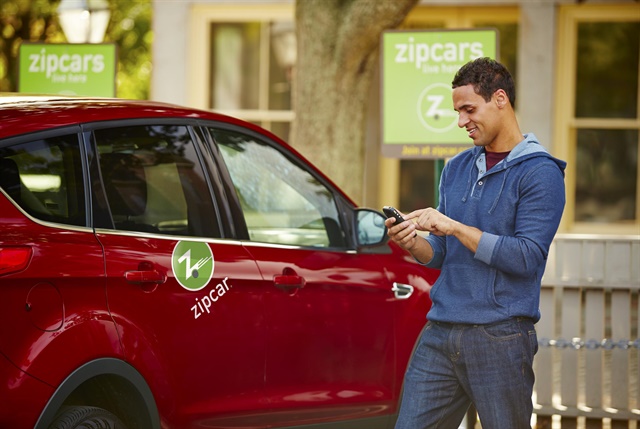Carsharing Companies Face High Taxation
A study by DePaul University’s Chaddick Institute for Metropolitan Development reviewed the tax policies of 80 carsharing locations in various U.S. cities.
The carsharing economy is facing a high tax burden due to the requirement that carsharers pay the same taxes as those using conventional car rental services, according to the study. Ride-sharing companies such as Lyft and Uber face a lower retail tax — if they face these taxes at all.
Nearly a quarter of the country’s 40 largest cities impose retail taxes that increase the costs of a one-hour carshare by more than 30%, according to the study. Many cities impose $2 to $4 per transaction fees, which were originally created to generate revenue from conventional car rentals.
Nearly half of the largest cites impose tax rates of 15% or more on longer (five-hour) reservations, according to the study. These rates are particularly high in Chicago, New York, Philadelphia, and Phoenix.
To measure the tax burden, the study looked at the fees and surcharges added by public bodies to reservations from 80 locations in 75 U.S. cities. Prices were collected from March through May 2016 at neighborhood-based locations instead of airport locations. The data was collected using Zipcar.com’s reservation portal.
According to the study, here are some key findings:
– Eight of the 12 largest U.S. cities impose taxes of 15% or more on all types of reservations (1-, 5-, and 24-hours). This results in rates of taxation at least 50% higher than local sales taxes. In Chicago and New York, rates are around 20% while in Philadelphia and Phoenix rates are more than 33% in some cases.
– In 25 of the 40 largest cities, carsharing taxes are more than 5 percentage points higher than local sales taxes.
– Average tax rates rose from 15.6% in 2011 to 17.0% in 2016.
– Taxes on carsharing are now higher than almost any other travel-related sector, including hotel rooms and airline tickets.
– Carsharing competes with ride-sharing (Lyft and Uber) and bikesharing, which generally aren’t subject to retail taxes.
Fonte: Auto Rental News

